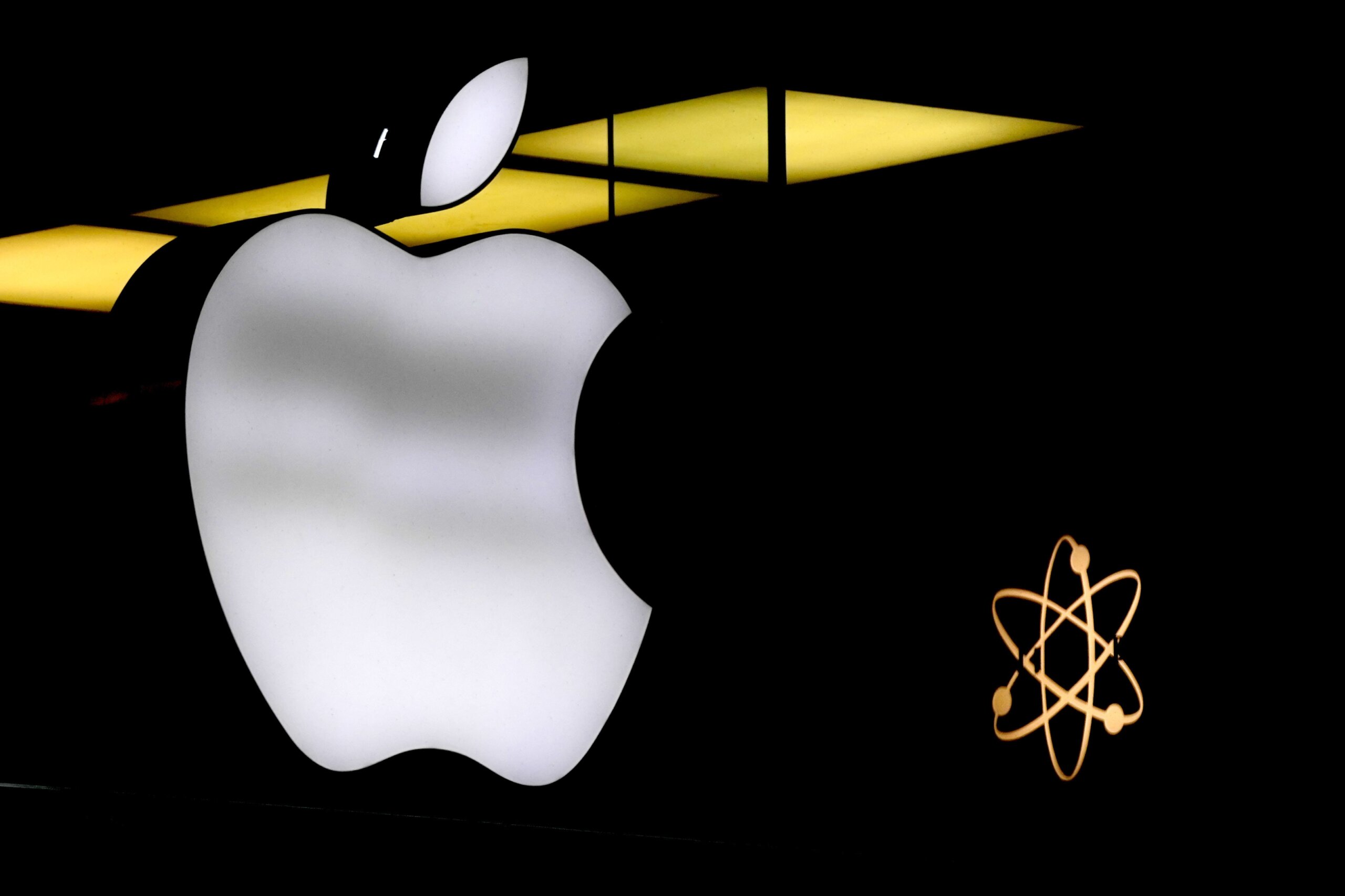
European Union lays out how Apple must open its tech up to competitors under bloc’s digital rules
- 19.03.2025 11:55
- wtop.com
- Keywords: Apple, Google
The European Union has mandated Apple to open its iPhone and iPad operating systems to competitors under the Digital Markets Act, requiring changes like better access for developers and more transparency. Apple opposes this decision, arguing it hinders innovation and could harm users, while Google also faces compliance challenges with DMA rules.